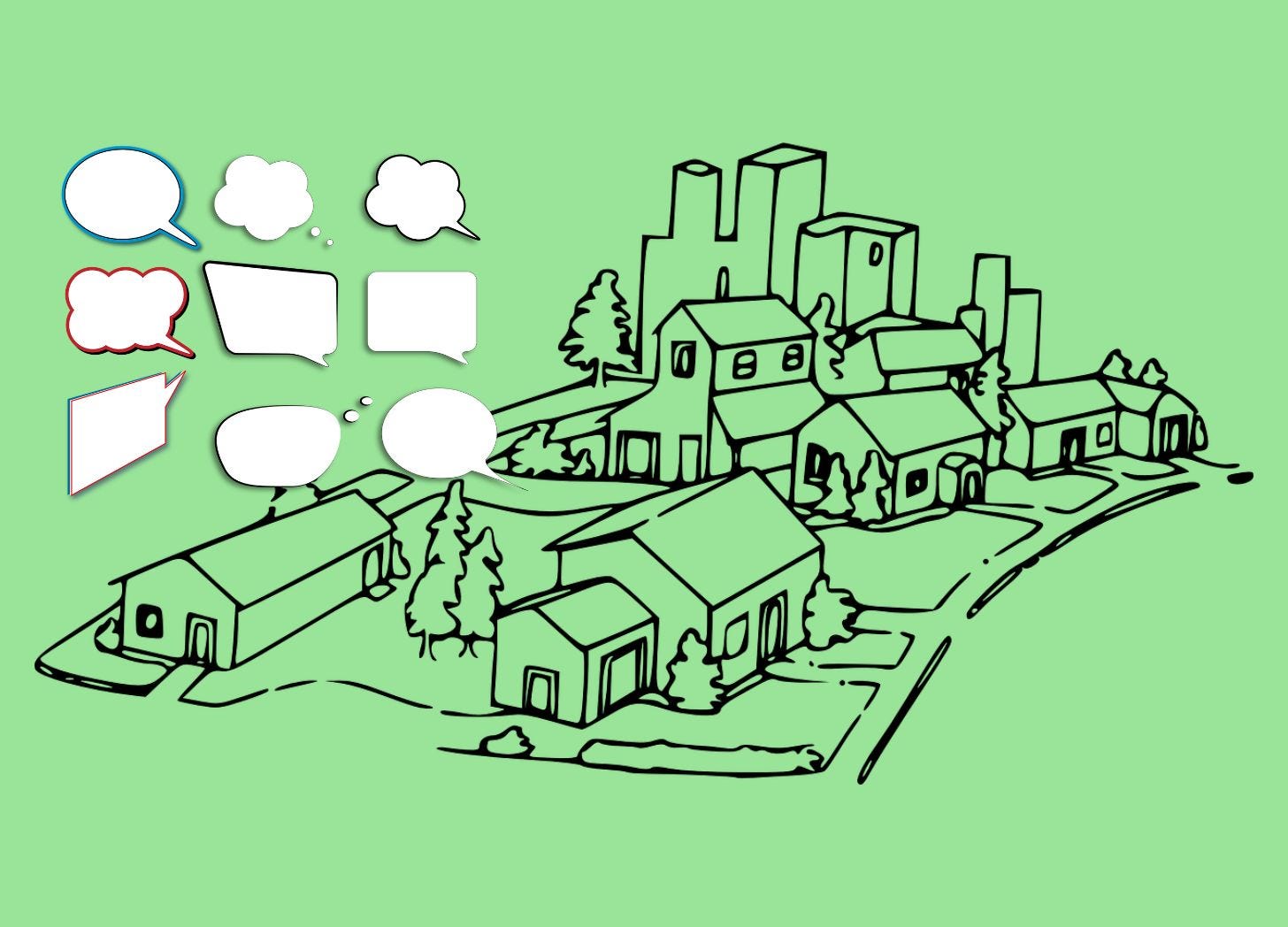Tribes aren't just good guys vs. bad guys
If you're going to be an effective communicator, sometimes you've got to lean into the human tendency of tribalism.
Community engagement at any level is frustrating and probably pointless without understanding some basic social psychology. Tribalism is a biggie.
Tribalism is the innate human tendency to form and identify with groups, often based on shared characteristics, beliefs, or interests.
When my kids were younger, I’d give them a periodic Boenau Boy School of Rock lesson about some moment in music history, the importance of a band, or memories of a particular song. I’m heavily biased towards blues, punk, and hard rock (because those are the superior genres and you can’t convince me otherwise), so that’s where most of the anecdotes rested.
I know next to nothing about modern classical music. So if I was to attempt an intelligent conversation with someone who played the trombone with the local symphony, I’d ask specific questions and think of ways to make connections to my known world. We’d already be part of two tribes (music appreciator and music maker) but not all the factions enjoy each other’s company. Maybe we have shared interests with raucous New Orleans brass bands.
You’re not going to break yourself or others from the appeal of tribes. People like forming groups around all sorts of topics: jogging, painting, woodworking, cooking, gaming, and of course, voting. This has everything to do with advocacy and activism, or even basic public information campaigns.
When I write marketing material for organizations, everything has to tie back to the right message for a certain audience in a format they consume. Message/audience/format is a type of “read the room” exercise because while there are some universal truths about communication, the project- or issue-level messaging can be very different from tribe to tribe. An effective communicator is essentially multilingual.
Jonathan Haidt has done extensive work in this area. If this stuff interests you, read The Righteous Mind: Why Good People are Divided by Politics and Religion.
Here are some of the familiar mechanisms of tribalism:
In-Group Favoritism: People tend to show bias in favor of their own group. This can lead to feelings of superiority and favoritism towards one's tribe, creating an "us versus them" mentality. (e.g. Appetite for Destruction by Guns ‘N Roses is one of the greatest top-to-bottom albums of all time and anyone who disagrees can’t be taken seriously.)
Out-Group Hostility: Alongside in-group favoritism, there's often a tendency to view members of other groups (out-groups) with suspicion or hostility. This can result in prejudice, discrimination, and even conflict. (e.g. Anyone promoting road diets is really just interested in banning cars and restricting individual liberty.)
Social Identity: Social identity theory (developed by Tajfel and Turner in this paper) explains how individuals derive a sense of self from group affiliations. People seek positive social identities, which can drive tribalism.
Cognitive Biases: Cognitive biases, such as confirmation bias, can reinforce tribalism. People often seek information that confirms their existing beliefs, further dividing groups.
I’m pointing out the mechanisms because it’ll help you communicate more effectively about zoning, housing, parking requirements, traffic studies, and road design.
Despite the inflammatory headlines around voting season, there are positive and negative outcomes of tribal behavior. It’s fun to hang out with people who enjoy the same things. Echo chambers, for example, aren’t always a problem because they can serve to stir up and motivate the base.
Embracing or leaning into tribalism doesn't mean succumbing to divisiveness. It means recognizing the richness that diversity brings to our social landscape, and speaking to people in ways they understand and appreciate.
Since it’s voting season, remember that politics is a team sport. It’s tribal. Team Blue and Team Red aren't going to cheer for an opponent’s platform.
In the case of land planning, there's no need to hang your hat on zoning reform as a climate change issue if that's contentious. Sure, retrofitting sprawl development is good for the environment. But some tribes need to hear messages about how mixed-use neighborhoods are good for business or save families money.
Identify the tribes and communicate accordingly.


